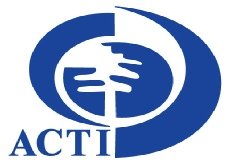
call for papers
Conference & 29th AGM
Conference and 29th AGM - Theme: Education for Social Transformation
Call for Papers
We wish to welcome you to the Conference and 29th Annual General Meeting of the Association of Caribbean Tertiary Institutions Inc.
Our Conference provides a forum for academics, practitioners, policy makers and other industry experts with an interest in education to share ideas, meet other colleagues and examine recent findings and thoughts on matters of interest to the tertiary education sector. Collectively our goal is to seek to advance the tertiary education sector in the region, and hence enhance our communities.
Conference Themes:
- Role of Tertiary Institutions in Social Transformation
- Ethics and Professionalism
- Education for Re-Integration
- The Impact of Social Media on Education
- Spirituality and Wellbeing
- Culture and Social Transformation
- Education in a Post-Colonial Era
Key Dates:
- Submission of Abstracts – 18 November 2022
- Notification of Acceptance - 2 December 2022
- Submission of final paper – 31 January 2023
- Submission of presentation slides - 28 February 2023
Conference Title: Education for Social Transformation
How can educational institutions play an even more active role in assisting in the transformation of the society?
The education sector today is faced with several challenges. This does not apply only to the. institutions designing and delivering the relevant programs; indeed, students themselves are presented with many different issues in the classroom and in their personal lives.
The question then is how, as a region, can we propose and present interventions that would allow students to grapple with these challenges and, as a consequence, develop and grow; hence leading to a better quality of living and a better citizen. It is important for ACTI to play an active role in assisting with this transformation of the society using education as the tool/catalyst.

Themes:
Submissions should engage with the following:
Tertiary education has been purported to play a vital role in social transformation. However, in the Caribbean and Latin America tertiary education is yet to realize the dream of achieving social transformation of our societies. What is the role of tertiary education in the social transformation of societies in Latin America and the Caribbean? What are the challenges which restrict tertiary education from achieving the dream of social transformation of our societies? What can tertiary education institutions and their stakeholders do to more. rapidly achieve social transformation of our societies?
There is an ever present need for the practice of ethics and professionalism in daily life. Emphasis on doing what is deemed to be appropriate and right should be considered as a hallmark of what may be transmitted to the wider society by administrators, staff and students. To what extend should ethical behavior, respect for the rights of others, the relevance of being professional in our approach and the practice of honesty and integrity be a part of our institutions?
We are surrounded by compelling social issues that challenge the very fabric of society. What is the role and responsibility of higher education in granting second opportunities to the incarcerated? How do we effectively place emphasis on re-entry programmes and reintegration of previously incarcerated persons into society? Those persons who are looking for a second chance to get into college or to complete a degree and advance themselves must not be overlooked. How can our institutions play an effective role in facilitating this?
Viral posts, podcasts, news-clips, the ‘cancel culture’ and the rating of educational institutions on various social media platforms can all affect the branding of the institutions, student enrolment, student engagement and the various decision-making processes. In the age of the influence of social media, it is critical to examine the implications for leaders, as well as how tertiary educational institutions can astutely navigate this environment.
We will consider the role that issues of health and morality may have on wellbeing and the possible impact within the sphere of social transformation. Should our individual values and spirituality remain private? To what extent could they be incorporated into the curriculum to allow for societal integration? Topics such as values education in the classroom and mutual respect may be aspects to be addressed.
Culture, whether it is societal or the intrinsic culture of the educational institution, can limit or enhance the. effectiveness of the institution as an agent of social transformation. Consequently, cultural issues – including the cultural fluidity resulting from globalization – require exploration if tertiary educational institutions are to remain relevant, agile, responsive and strategic in programming and services that engender positive outcomes in the societies they serve.
Colonialism has played a significant role in shaping the societies and educational systems in Latin America and the Caribbean. Many believe that the minds of Caribbean and Latin American citizens have been so colonized that education in the Post-Colonial Era has to be reconceptualized to take account of not only past colonial structures and processes but also the vestiges of our past colonial history which are still very much alive. This theme seeks to unravel the impact of our colonial past on citizens of the Caribbean and Latin America and propose a way forward that can provide true social transformation.
All sessions are 40 minutes long: 20 minutes to present and 20 minutes for discussion. The format is intended to encourage the presentation of work and viewpoints and to foster intellectual exchange and collaboration.
Contact Us
Address
Alister McIntyre Building, CARICOM Research Park, University of The West Indies Cave Hill Campus, St Michael, Barbados
acti.office@yahoo.com
Phone / Fax
(246) 417-4495
